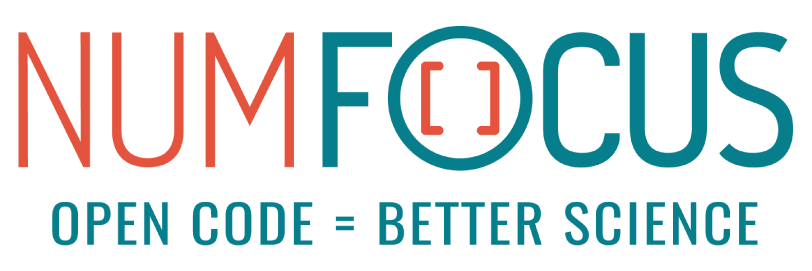Friendly modelling API
PyMC3 allows you to write down models using an intuitive syntax to describe a data generating process.
Cutting edge algorithms and model building blocks
Fit your model using gradient-based MCMC algorithms like NUTS, using ADVI for fast approximate inference — including minibatch-ADVI for scaling to large datasets — or using Gaussian processes to build Bayesian nonparametric models.
import pymc3 as pm
X, y = linear_training_data()
with pm.Model() as linear_model:
weights = pm.Normal("weights", mu=0, sigma=1)
noise = pm.Gamma("noise", alpha=2, beta=1)
y_observed = pm.Normal(
"y_observed",
mu=X @ weights,
sigma=noise,
observed=y,
)
prior = pm.sample_prior_predictive()
posterior = pm.sample()
posterior_pred = pm.sample_posterior_predictive(posterior)
Installation
Via conda-forge:
conda install -c conda-forge pymc3
Latest (unstable):
pip install git+https://github.com/pymc-devs/pymc3
In-Depth Guides
License
PyMC3 is licensed under the Apache License, V2.
Citing PyMC3
Please choose from the following:
Probabilistic programming in Python using PyMC3, Salvatier J., Wiecki T.V., Fonnesbeck C. (2016)
A DOI for all versions.
- DOIs for specific versions are shown on Zenodo and under Releases
See Google Scholar for a continuously updated list of papers citing PyMC3.
Support and sponsors
PyMC3 is a non-profit project under NumFOCUS umbrella. If you value PyMC and want to support its development, consider donating to the project or read our support PyMC3 page.



